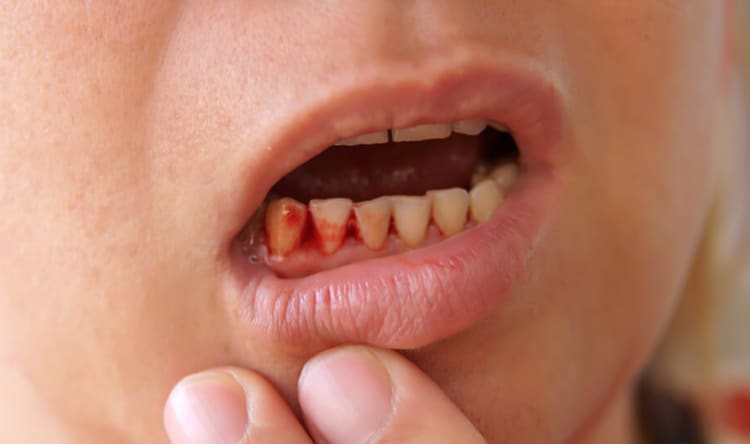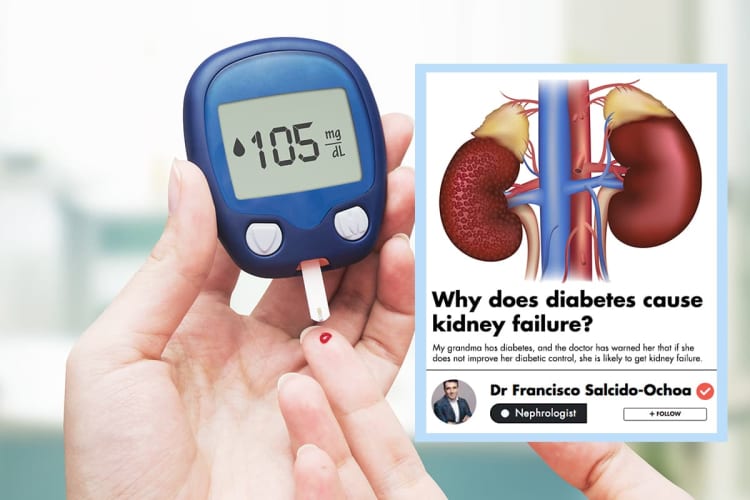Dr Toh has actually provided a very good and detailed answer to your queries which I am sure will be very helpful to you. I will just add on a little to that.
Sometimes at my practice, I do come across patients with similar conditions to yours.
However, there is a need to approach every case differently, depending on the severity and the main causative factors.
Some of my patients recover very well with just a thorough scaling and good hygiene habits, whilst others went on to require specialist gum treatment (ie root planing, surgery etc).
In some instances, patients also had to seek advice from their medical doctors to consider switching to an alternative medication.
What I did notice is that all these patients presented with some form of underlying gum disease which was undetected previously.
The medications that they started taking only served as a trigger and exacerbating factor. Fundamentally, they still needed a proper dental gum treatment/therapy.
It is not uncommon for teeth to shift or to suffer some form of mobility if the gum infection is severe, and has caused underlying bone loss.
Here's my advice for you John:
1) Get a thorough dental check and clean
Once the hygiene is pristine, the dentist can then determine in subsequent reviews whether the swollen gums are caused predominantly by the gum health or mainly by the medications that you are taking.
X-rays may also be necessary to assess the underlying contours of your bone. As Dr Toh rightfully pointed out, you will need to observe good oral hygiene too to allow the gums to recover optimally. Some mouth rinse might also be prescribed to you. The dentist will typically schedule a review visit 2 weeks thereafter.
2) Root planing/gum surgery (depends)
Depending on the true nature of the swelling and the recovery seen, you may then require root planing / gum surgery.
On the flipside, if the recovery is good, you may not require root planing, but only close monitoring and scaling done more regularly to prevent relapse.
3) Changing medications (depends)
If the dentist feels that your hypertension medications are a strong causing or exacerbating factor to your swollen gums, you might need to seek advice from your medical Dr about the possibility of changing medications.
I would urge you to seek prompt consult and advice from your dentist so as to resolve your problem as soon as possible.
All the best, and I sincerely hope you will find a solution soon. Take care !





